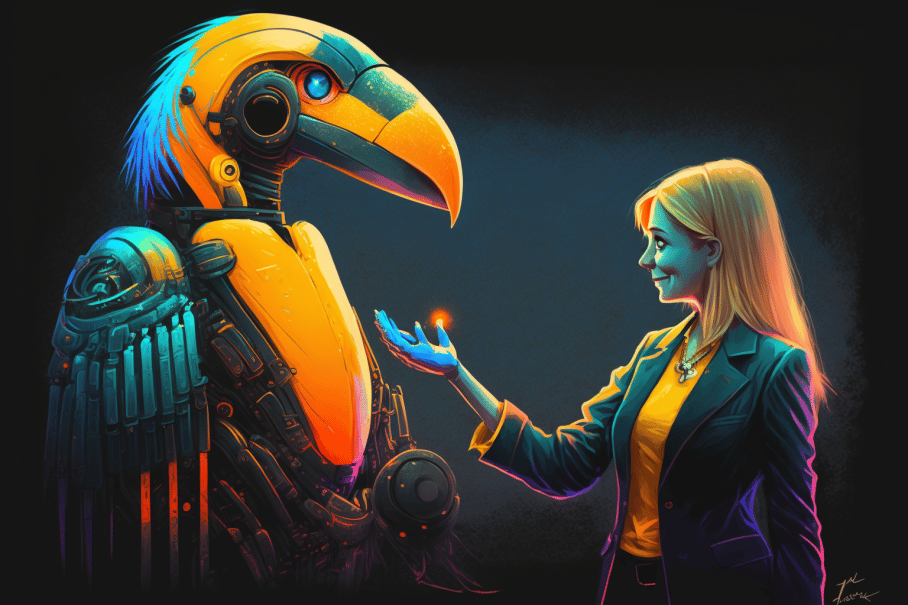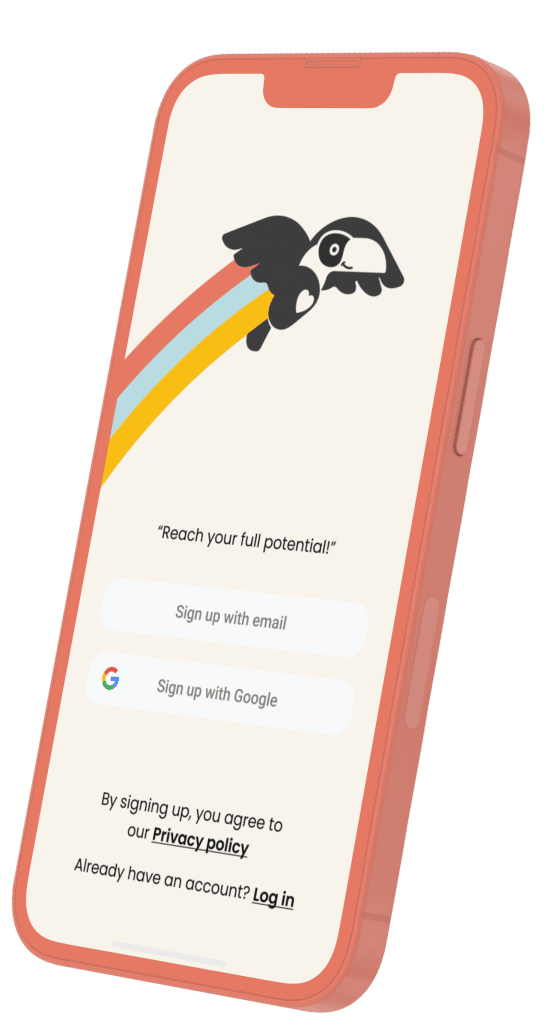AI is Transforming the Startup Scene. Here’s how
With the launch and quick success of ChatGPT, Artificial Intelligence has officially and irrevocably entered our collective Zeitgeist. However, AI has been around us for some time now.
Some startups use it as the core product of their business. Others use a hybrid approach to optimize their processes and increase productivity.
There are many things unknown about how AI tech will develop. But one thing is clear: artificial intelligence is here to stay. And it is transforming the way startup scene.
A Recap: what AI is and what it isn’t
Artificial Intelligence (AI) is a field of computer science that focuses on developing intelligent machines and computer systems. AI systems use algorithms and data to simulate human behavior and can solve complex problems that would be too difficult for humans to solve independently.
Not any algorithm is AI, though. The key differentiation of AI from a simple “IF, THEN” code is its ability to learn from its own mistakes.
There are two types of AI.
- Strong AI is an artificial intelligence system that can think and act indistinguishable from humans.
- Weak AI can be as good (or even better) as humans, but only for a specific task it was created for.
The caveat is these concepts are more of a philosophy than rigid rules. Generally, there’s a consensus that there is no true strong AI now. But what do we consider indistinguishable enough?
There’s a running joke in developer circles: “We created a Strong AI! Oh, I understand how it works. No, not strong yet.”
How AI is Driving Efficiency and Productivity for Startups
As ChatGPT eloquently put during our brainstorming session for this article:
“Ditch the manual labor and make AI your secret weapon. Embrace AI today, dominate tomorrow.”
Okay, GPT. Thanks for your self-promotion.
But he’s right. It’s a tool for optimization and disruption.
Here are just a couple of examples of how even ‘weak’ AI helps businesses generate value:
- Customer service: AI-powered chatbots and virtual assistants can provide 24/7 customer support and improve customer experience.
- Sales and marketing: AI can analyze customer data to help businesses effectively target their advertising and sales efforts.
- Supply chain optimization: AI algorithms can help optimize inventory levels, reduce waste, and increase efficiency in the supply chain.
- Fraud detection: AI can help detect and prevent fraudulent activity in real time by analyzing patterns in large amounts of data.
- Healthcare: AI can help with medical diagnosis, drug discovery, and personalized treatment plans.
- Cybersecurity: AI can help detect and respond to cyber threats in real-time, reducing the risk of data breaches.
- Automation: AI can automate repetitive tasks, freeing employees’ time for more creative and strategic work.
*And it surely does revolutionize content creation, like in the article for Forbes, entirely written in dialogues between the author and ChatGPT.
The two types of AI startups that change everything
In a massive overview article of the NLP startups, Forbes suggests that two types of players are emerging on the market: Technology Providers and Harnecessers.
The technology Providers are the ones who are moving the technology forward by taking the most labor- and resource-intensive part of creating the model and then licensing it for commercial use.
They are mainly open-sourced and backed by institutions like Microsoft, Meta, Google, and Standford University (no ‘built-it-in-my-garage’ in this case). Examples of the NLPs, or Natural Language Processing, are OpenAI, BERT, RoBERTa.
On the other hand, Harnessers are start-ups that use new technology and turn it into a commercially viable product. They adapt raw tech magic into user-friendly solutions that people and organizations are ready to pay for.
This is where the tipple effect starts to gain traction. Staying with the NLPs (the most topical as of today, after all), young companies are already there to disrupt search, overcome language barriers, overthrow Gong from the sales market throne, and even decode the genome.
And that’s only the beginning.
AI is changing the startup scene inside-out
However, the most significant changes are yet to come. This AI revolution doesn’t only change how we work but also the whole structure of the market. And we’re to reap the results in the upcoming years.
Investments
PitchBook reports a significant increase in venture capital investment in generative AI over the past year, with $1.37 billion raised. A dramatic increase compared to the previous five years combined. And even more surprising when compared to the slump in the other categories.
Insider already reports the whole dot-com 2.0 boom with startups based on ChatGPT.
Job Market
As new companies grow, so does the demand for specific roles. McKinsey & Co reports that companies, which have recently employed AI solutions, have also recently made new hires:
Source: McKinsey & Company
Workplace
Deloitte reports that one of the biggest challenges that business face in the adoption of AI solutions is to drive its adoption within their companies.
From leadership and culture to operation and processes, effective use of AI requires transforming how we work. And, as with everything that involves people, it ain’t easy.
So even if you work in a corporation that doesn’t yet pioneer any AI tech, but is going to start using one, you will feel the tectonic shift in how we do our jobs.
Space for Disruption
Finally, I’d speculate that with the amount of money and attention invested in the maturing field, we should strap down for more disruption.
We can’t predict the next big thing, but we can prepare to adapt by changing our corporate culture, company processes, and, last but not least, mindset.
How Can Your Startup Start Making Use of AI?
Well, ask GPT. He knows.
But, if you want to prepare for the revolution, check out our Career Coach which offers a wide range of features to take your career to the next level. The Career coach uses AI to help you find your career path and you can get advice from real human coaches plus much more!


